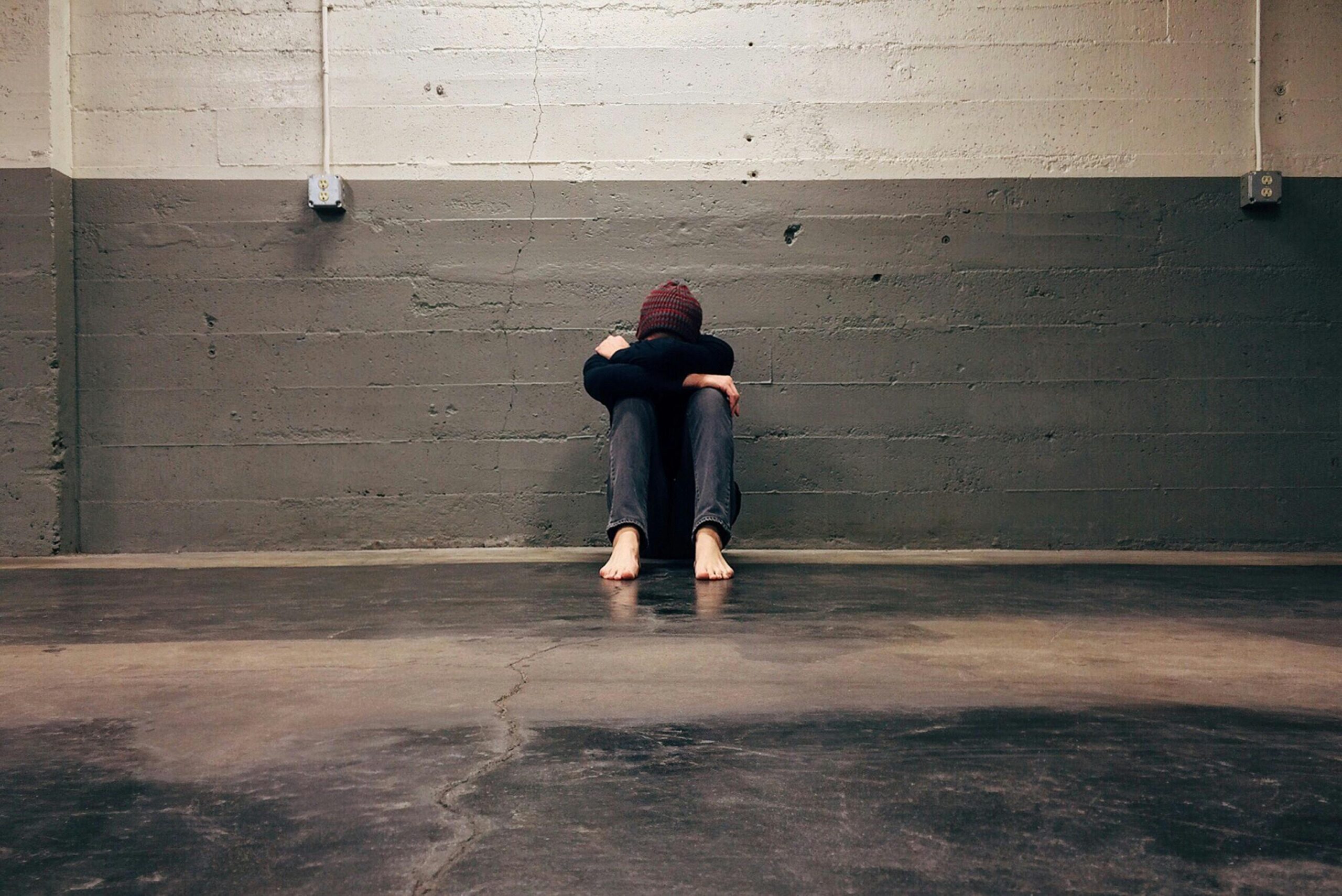
29 Jan Are Mental Health Issues on the Rise? Understanding the Global Crisis
Discover why mental health issues are on the rise. Learn about the causes, impact, and actionable solutions to address this growing crisis.
Are Mental Health Issues on the Rise? Understanding the Global Crisis
In recent years, conversations surrounding mental health have grown louder, and for good reason. The increasing prevalence of anxiety, depression, and other mental health disorders has left many wondering: are mental health issues on the rise, or are we just becoming more aware of them?
The answer is complex, touching on societal changes, global events, and shifting attitudes toward mental health. In this article, we’ll explore the factors contributing to the rise in mental health issues, the importance of addressing them, and actionable ways to support those affected.
The Numbers Don’t Lie: Mental Health in Crisis
Statistics paint a sobering picture. Studies conducted globally indicate a sharp increase in reported mental health issues over the last two decades.
✔ Anxiety and Depression: The World Health Organization (WHO) reports that over 300 million people worldwide suffer from depression, with anxiety disorders not far behind.
✔ Youth Mental Health: Rates of mental health issues among teens and young adults have risen significantly, with suicide becoming a leading cause of death in this demographic.
✔ Pandemic Aftermath: The COVID-19 pandemic triggered a surge in mental health problems due to isolation, financial stress, and grief.
These numbers underscore the urgency of addressing mental health as a public health priority.
Why Are Mental Health Issues Increasing?
Several factors contribute to the rise in mental health challenges:
✔ Social Media Pressure: The constant comparison fueled by platforms like Instagram and TikTok can harm self-esteem, especially among young people.
✔ Economic Stress: Job insecurity, student debt, and rising living costs create an environment of chronic stress.
✔ Global Crises: Events such as pandemics, climate change, and geopolitical conflicts exacerbate feelings of uncertainty and helplessness.
✔ Lack of Sleep and Overwork: The modern “hustle culture” often leads to burnout, which negatively impacts mental health.
These factors highlight the complex interplay of societal, economic, and personal stressors contributing to this crisis.
Breaking the Silence: Increased Awareness and Diagnosis
While mental health issues may be on the rise, part of the apparent increase stems from growing awareness and better diagnostic tools:
✔ Reduced Stigma: Open conversations about mental health encourage people to seek help and share their struggles.
✔ Improved Screening: Medical professionals are better equipped to identify and treat mental health conditions.
✔ Media Influence: Celebrities and influencers sharing their mental health journeys have normalized seeking support.
Awareness plays a crucial role in helping individuals recognize and address their mental health needs.
The Impact of Rising Mental Health Issues
The rise in mental health challenges has far-reaching implications for individuals, families, and societies:
✔ Economic Costs: Untreated mental health issues cost billions annually in lost productivity and healthcare expenses.
✔ Strained Healthcare Systems: An increasing number of patients seeking mental health support highlights the need for more resources and trained professionals.
✔ Emotional Toll: Families and caregivers often bear the emotional and financial burden of supporting loved ones with mental health conditions.
These impacts emphasize the urgent need for systemic changes to prioritize mental health care.
How We Can Address the Crisis
Tackling the rise in mental health issues requires collective action at individual, community, and policy levels:
✔ Promote Mental Health Education: Schools, workplaces, and communities can implement programs that teach coping skills and reduce stigma.
✔ Increase Access to Care: Governments and organizations must invest in affordable and accessible mental health services.
✔ Support Loved Ones: Check in on friends and family, offer a listening ear, and encourage professional help when needed.
✔ Self-Care Matters: Prioritize sleep, physical activity, and time for relaxation to protect your own mental health.
By taking these steps, we can create a society that values mental health as much as physical health.
A Call for Action
The rise in mental health issues is a call to action for all of us. Whether it’s by fostering open conversations, advocating for systemic change, or supporting those in need, everyone has a role to play.
Mental health challenges may be increasing, but so is our collective capacity to address them. With compassion, awareness, and action, we can turn the tide and create a world where mental health is prioritized and protected.

